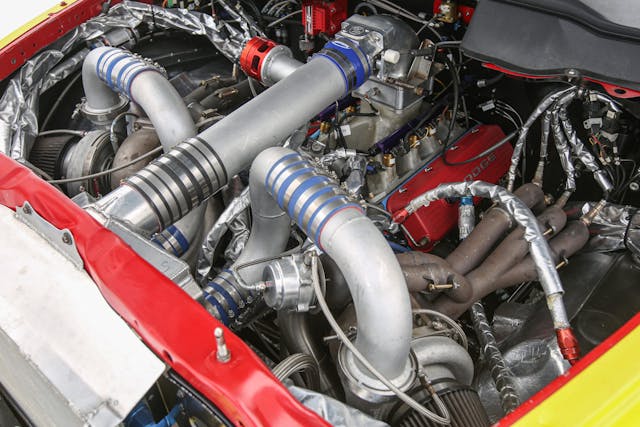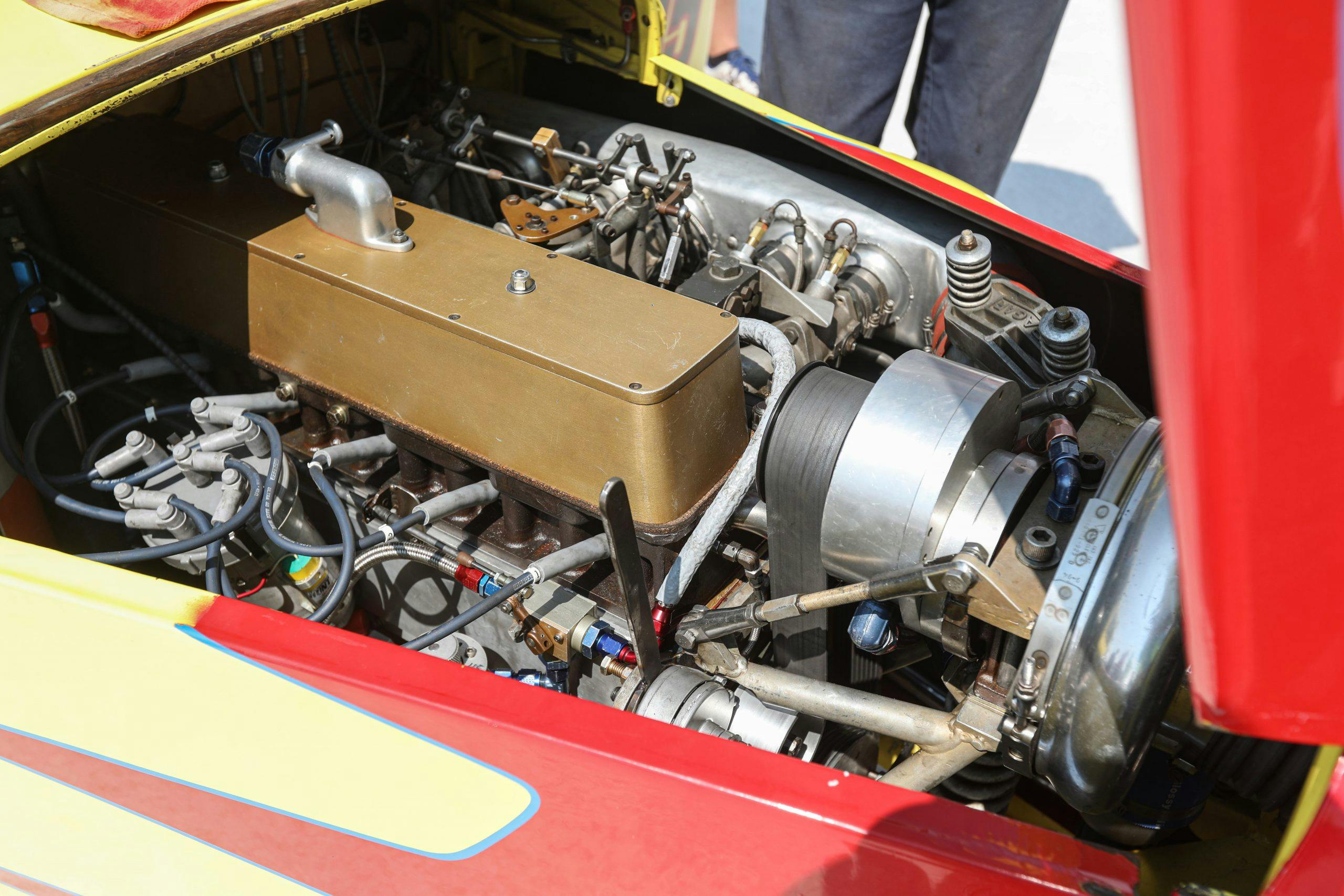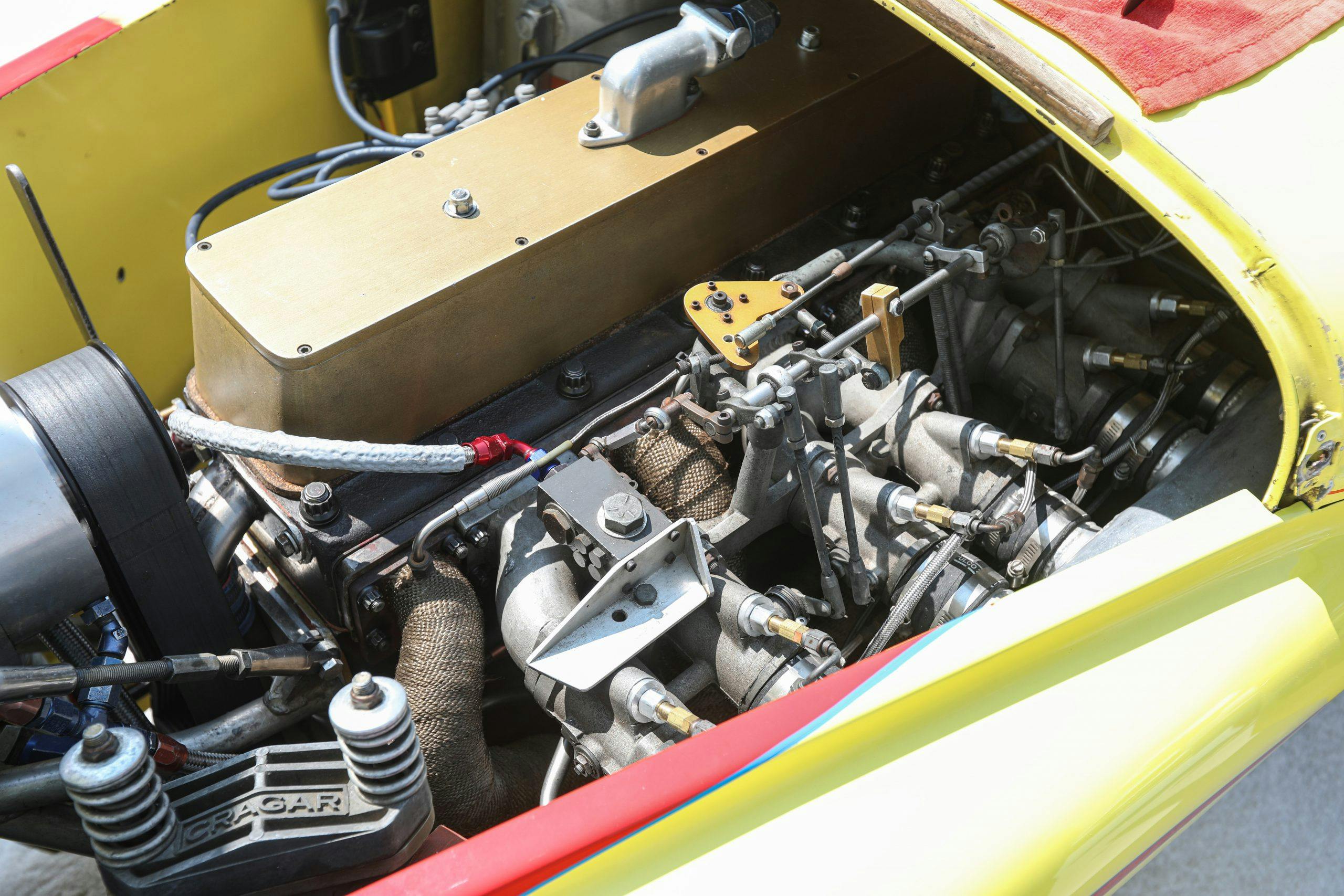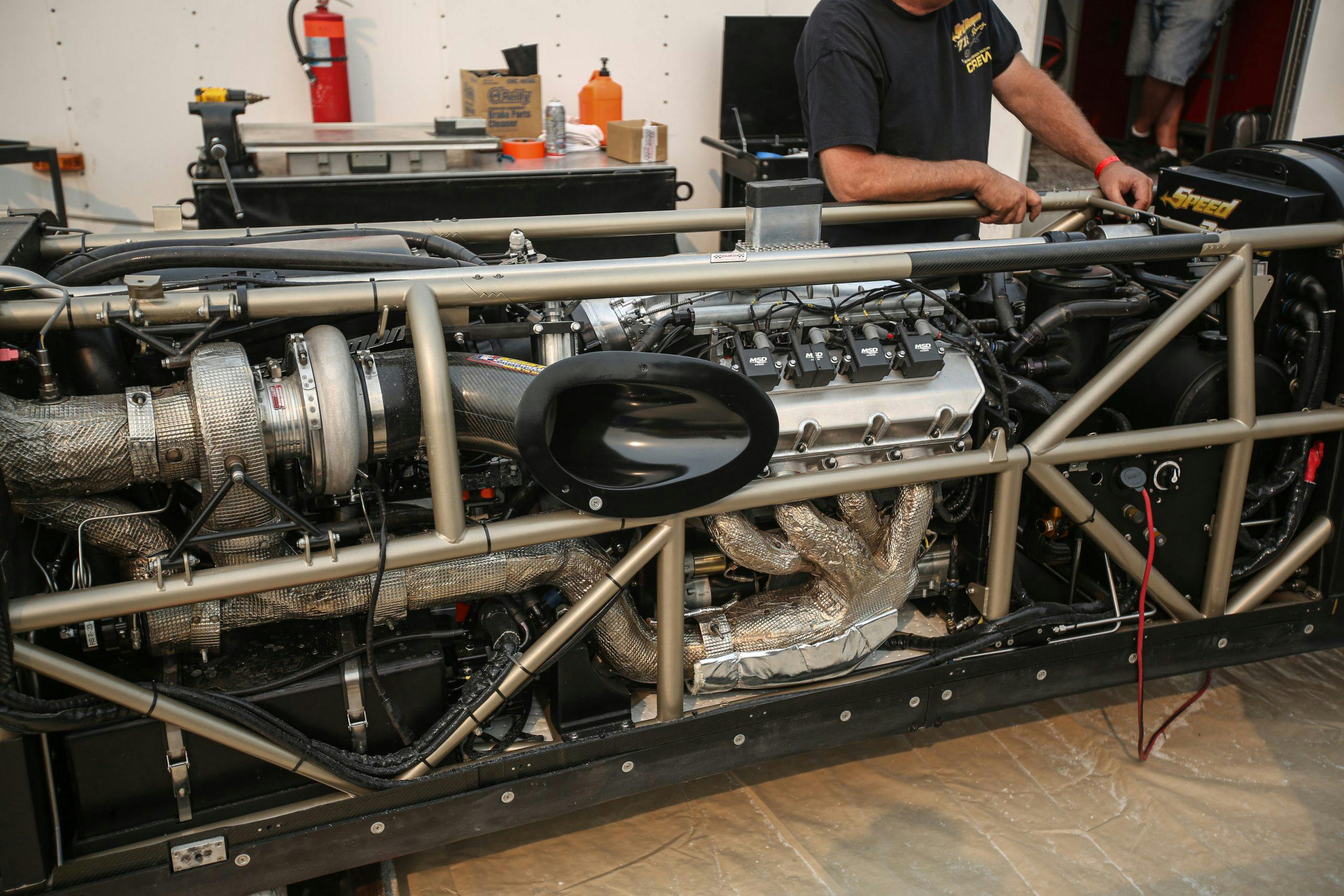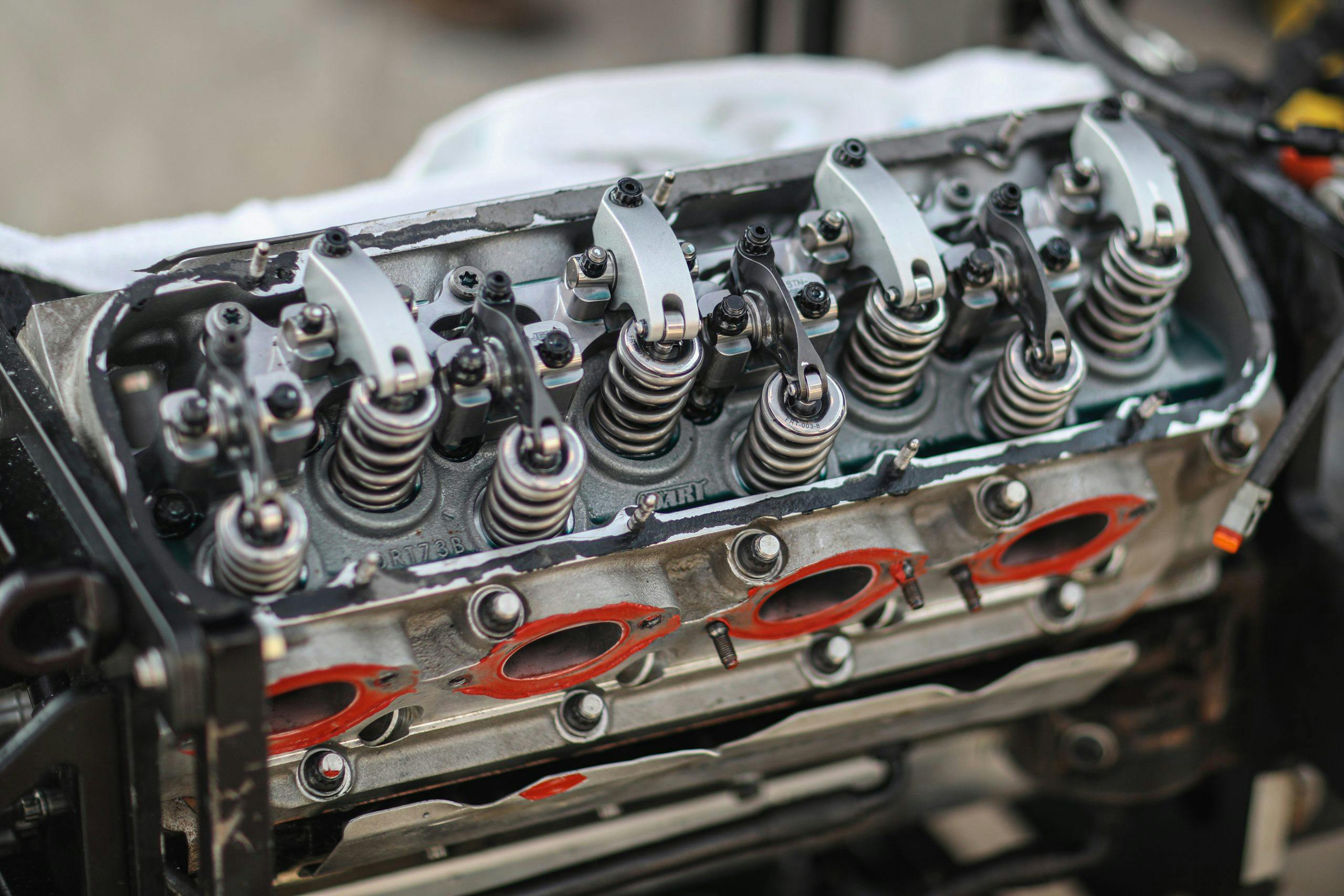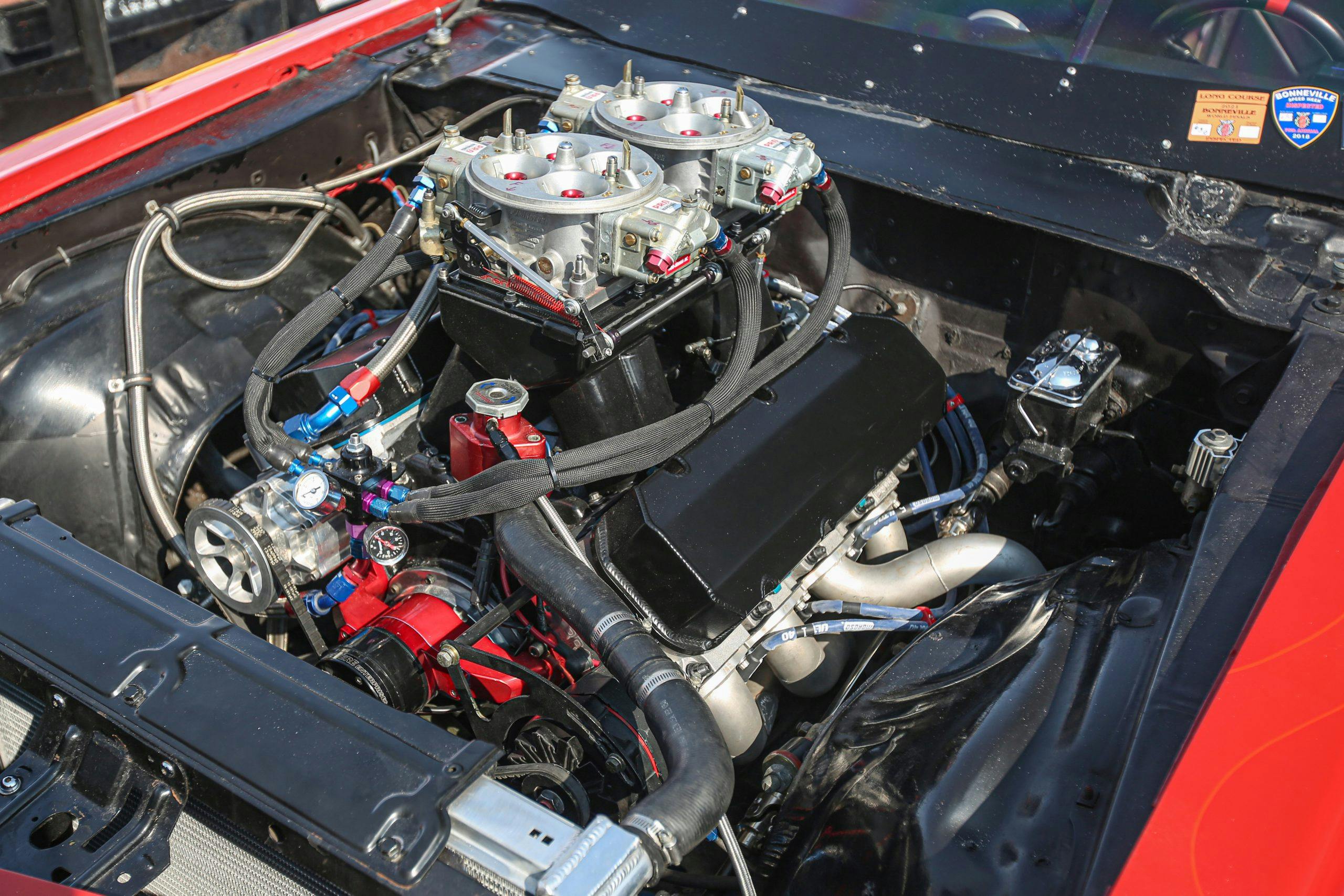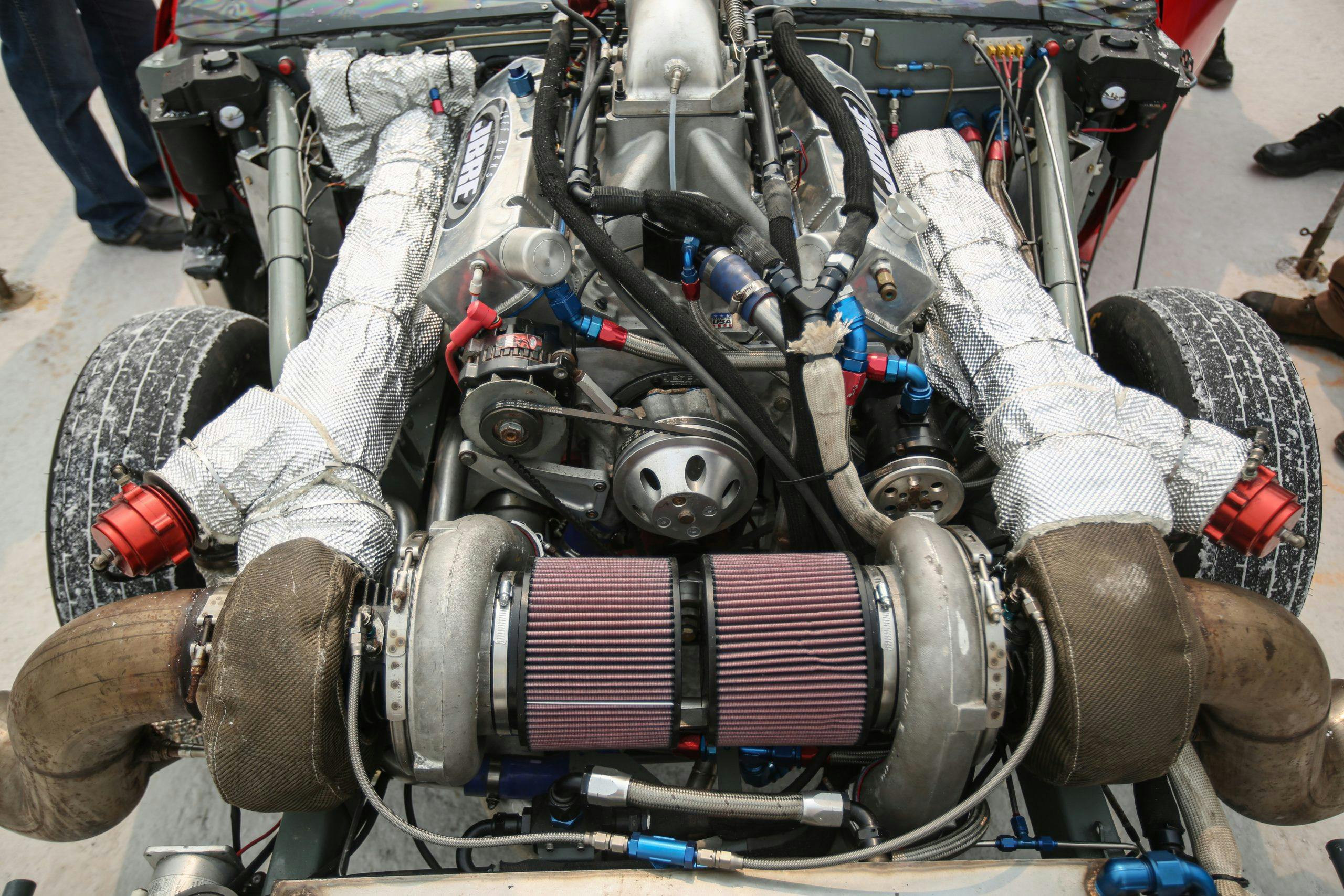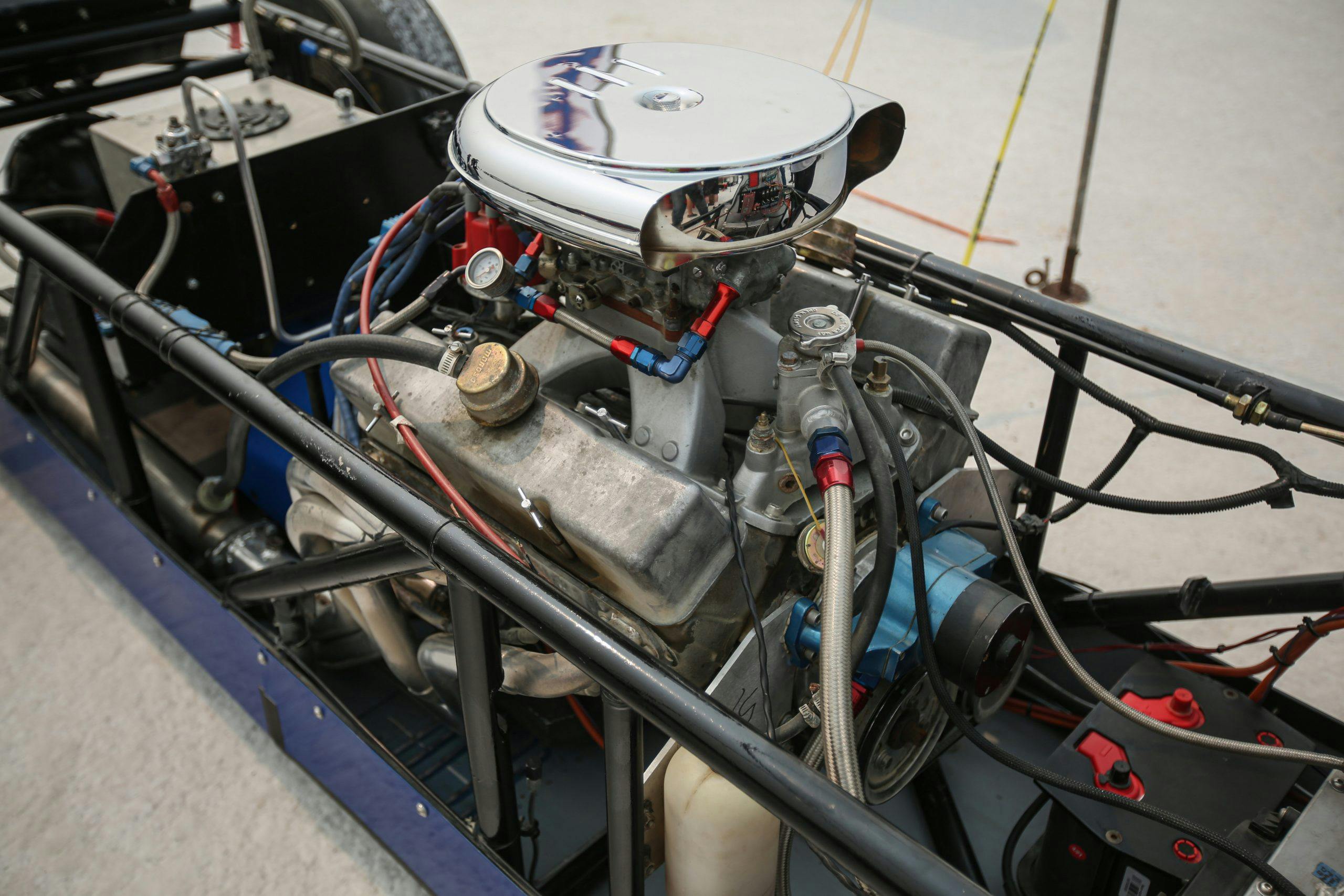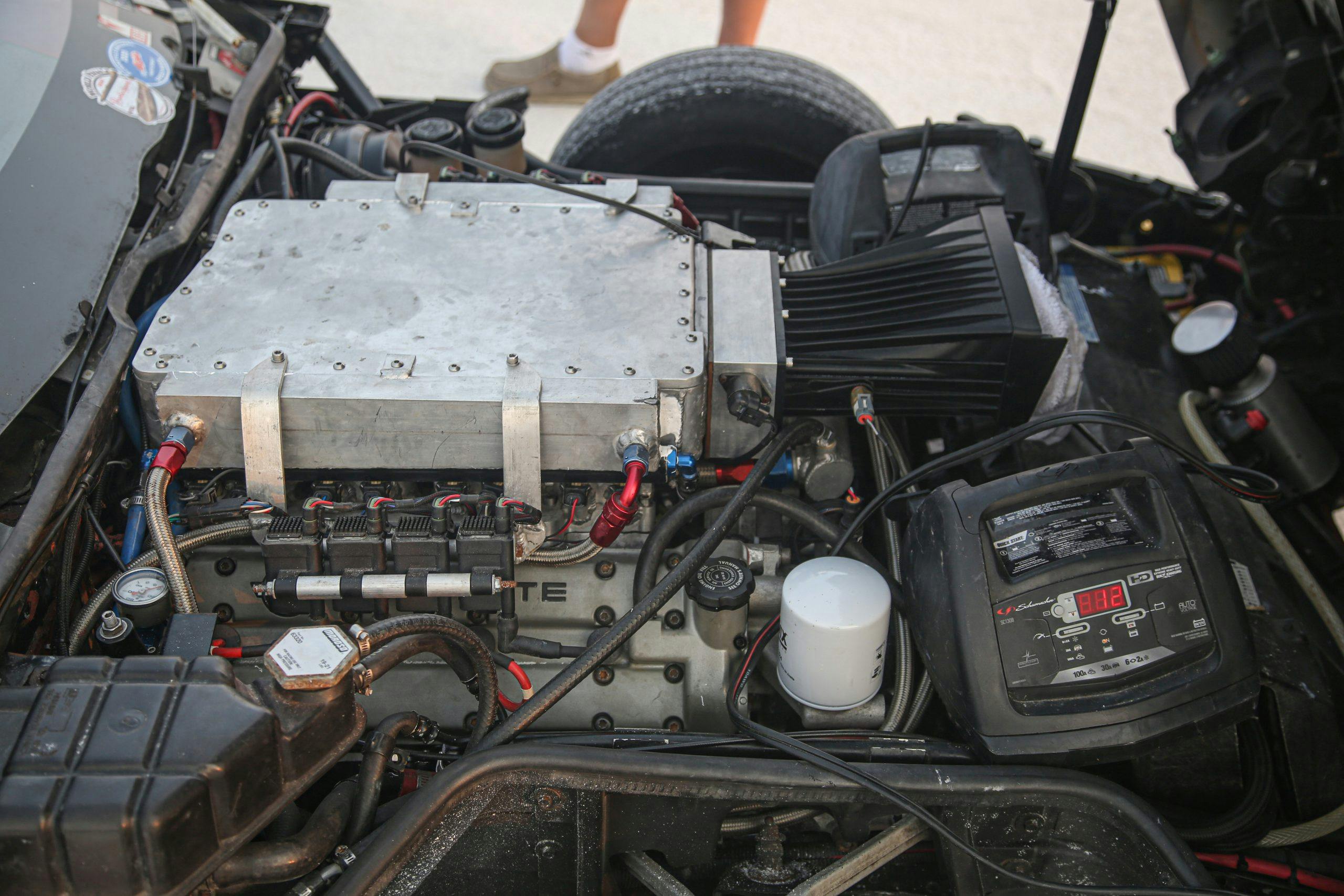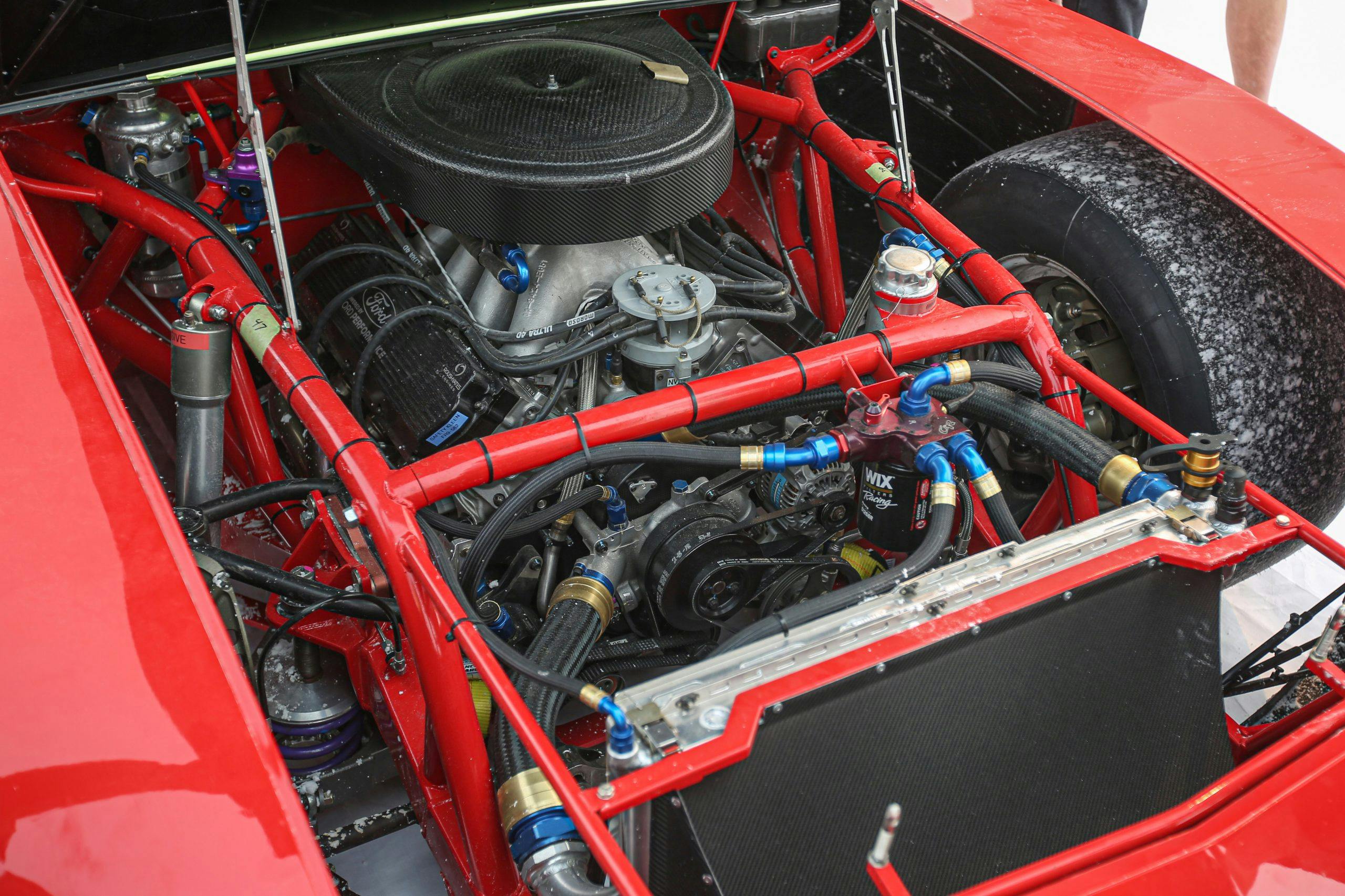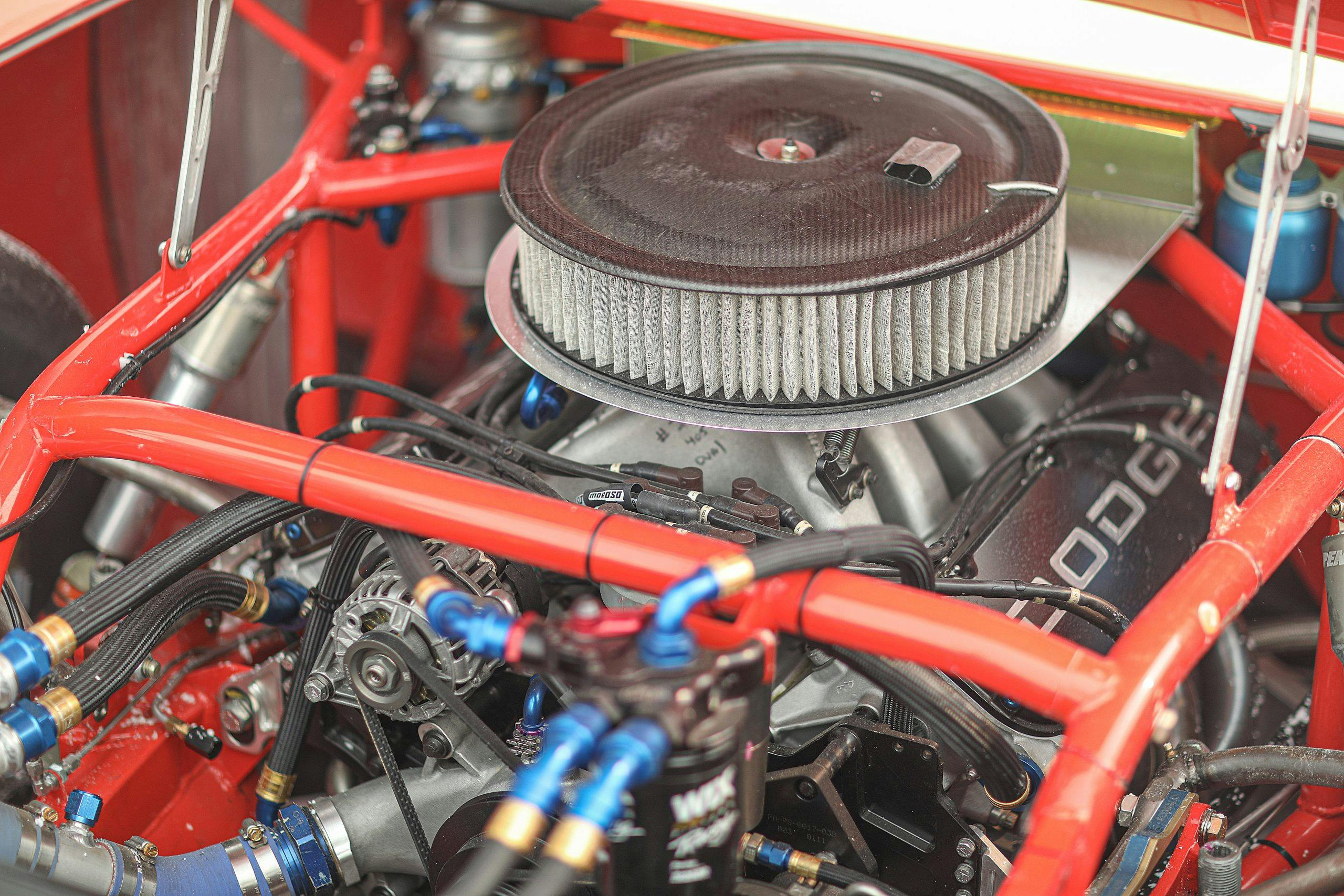The salt-conquering race engines of Speed Week 2021
At some race events, rules mandate a specific engine layout or even supplier. The Southern California Timing Association’s (SCTA) races couldn’t be more different. If you’ve got a wheel-driven vehicle with just about any engine of any displacement, you can find an SCTA class in which to race. Consequently, Speed Week is a showcase for just about every engine under the sun, gathered together to face off on the Bonneville salt for the SCTA’s largest meet of the year.
Of course, the racers do have a few favorite setups. At the Salt Flats this year, we prowled the pits and staging lanes to witness some standout powerplants. Naturally, the cream that rises to the top includes a couple of old-school standbys, NASCAR surplus small-blocks, big-block Chevy V-8s, and big-inch Mopar Hemi V-8s.
GMC didn’t put its 302 inline-six into light-duty pickups, so if you’re looking for one of these workhouse engines, try 1952–1960 medium-duty trucks. These were popular hot rod engines in their day and continue to be a relatively common sight on the salt. Aftermarket cross-flow heads were available from several manufacturers, but plenty of racers use the factory head.
When it comes to the larger engine displacement classes, two V-8s seem to be the go-to for most teams: big-block Chevys and Chrysler Hemis.
The Speed Demon team used a twin-turbocharged 555-cubic-inch big-block Chevy (above) for its first few passes and managed to run 300.250 mph in mile two of the course and 388.340 mph in mile three, before driver George Poteet had to abort the run. Even under those circumstances, Poteet at the time inked the highest speed of the meet.
At Speed week you’re sure to see loads of big-block Chevys in both blown and naturally aspirated classes.
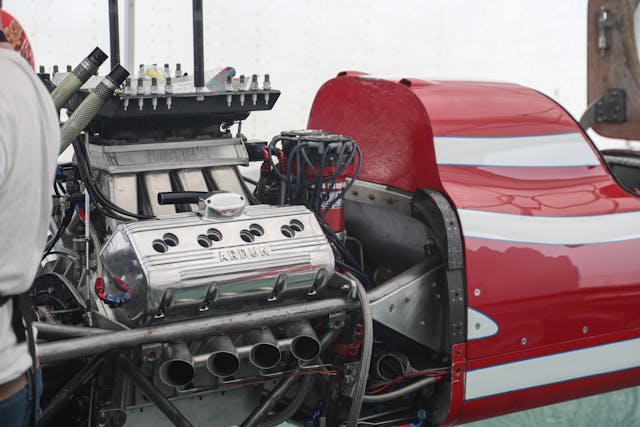
The beautiful Ferguson Racing streamliner uses this mean mill, and driver Danny Thompson has been putting it to good use. Don’t let the valve cover fool you, it’s essentially a Top Fuel Hemi that’s running naturally aspirated, which is appropriate seeing as Thompson used two similar engines in his Challenger 2 to set the AA Fuel Streamliner record. Thompson drove the Ferguson Racing car to a new B Fuel Streamliner record this week and is currently in the lead for the Hot Rod Magazine trophy that goes to the fastest pass of Speed Week, but there’s plenty of racing left.
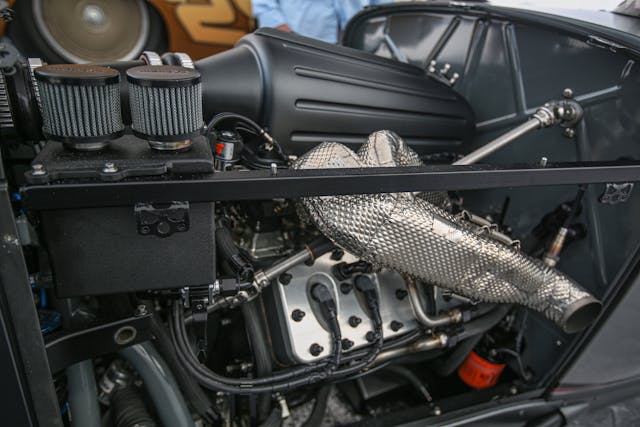
You might not recognize this engine from the top angle, but this side view should be a giveaway: It’s a Ford flathead. Plenty of hot rods use traditional-looking flatheads, but this one, in the Jewell Group XF/Gas Modified Roadster, has had some serious custom machining so that the exhaust flows out where the intake use to flow in and the intake now enters through custom ports. It eliminates the major exhaust restriction of the two center cylinders sharing a single port and allows this naturally aspirated flattie to churn out about 300 hp, which is normally only achieved with forced induction.
There are plenty of classes where small-block V-8s are the smart choice, and you’ll see loads of Gen-1 Chevy small-blocks, Gen-3 Chevy small-blocks. Chevrolet’s DOHC LT5 isn’t as common, but we spotted one of those as well.
As NASCAR approves new engines the Cup Series, its obsolete engines move down the ranks and can become affordable for land speed racers. The high-revving small-block V-8s have put plenty of racers in the record books. These two engines are from a pair of gorgeous, vintage-styled racers built by The Garage Shop in Catawba, North Carolina. (We’ll show you more of them later.) One is a former Ford mill from Roush, the other is an R6P8 from Penske’s Dodge NASCAR program.
If you want to learn more about the SCTA’s engines classes, check our story on the topic here.
